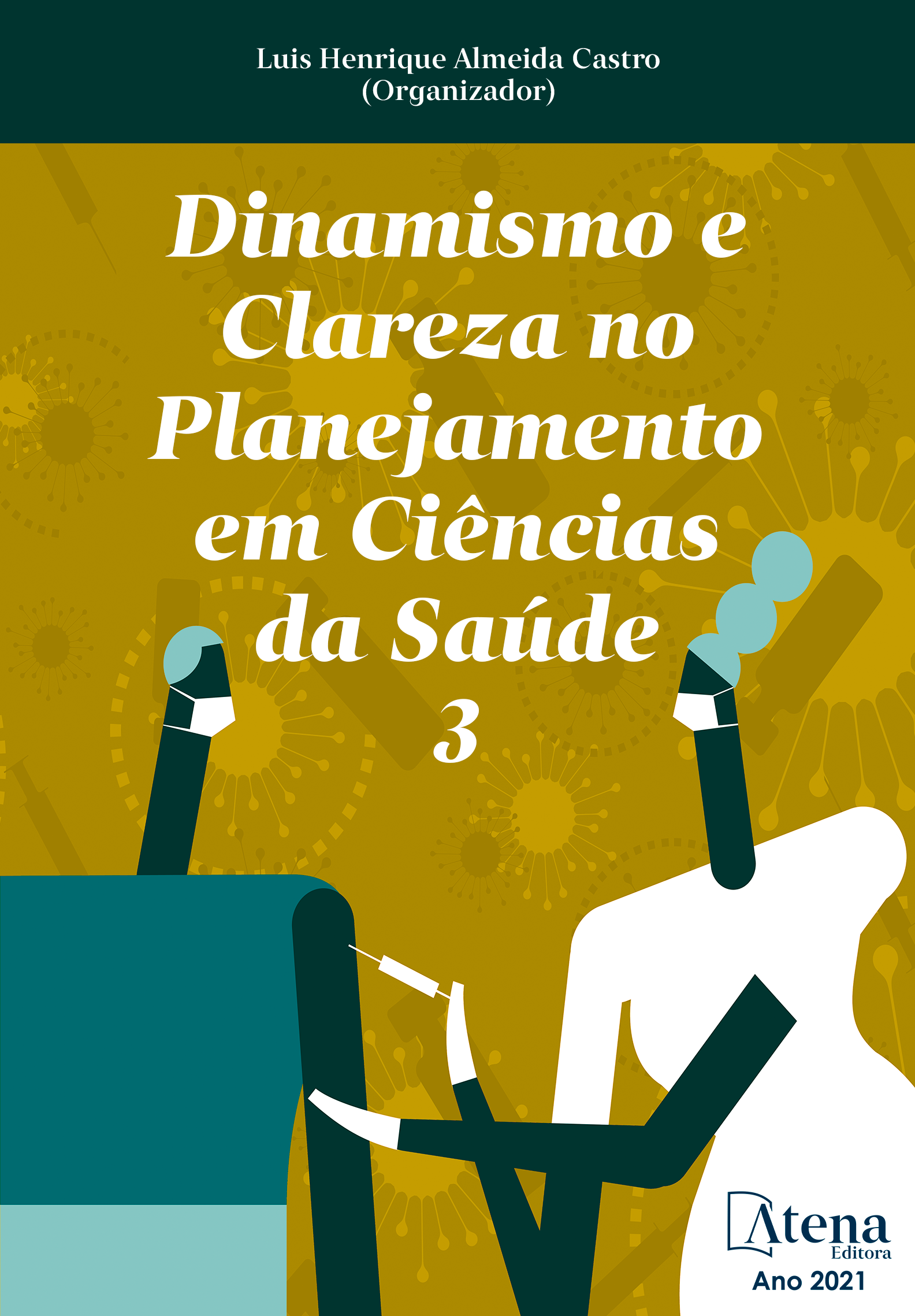
PADRÃO DE TRANSTORNOS PSÍQUICOS E DE HÁBITOS SEDENTARIZADOS EM INDÍGENAS BRASILEIROS
RESUMO: Desde o período colonial brasileiro ocorreram choques culturais entre as populações indígenas e europeias, desenvolvendo o fenômeno de aculturação dos hábitos indígenas, indicando que seu estilo de vida vem associando alguns aspectos da cultura europeia em detrimento de sua própria riqueza cultural. Apenas com a constituição de 1988 foi dado aos indígenas direito a serviços que respeitassem suas cultura e individualidades. O perfil epidemiológico tem se alterado, com aumento de doenças crônicas não transmissíveis como a hipertensão, obesidade e diabetes vem se destacando nos últimos anos pesquisados, tendo maior peso nas taxas de morbimortalidade das populações indígenas estudadas, o que outrora estava mais associada aos quadros de epidemias infectocontagiosas. Outro habito alterado no processo de aculturação foi o etilismo, a maioria das tribos ingeria bebidas alcoólicas apenas em situações ritualísticas ou em datas comemorativas, contudo percebe-se que consumo atual tem se tornado mais rotineiro e em maior intensidade (hábito mais comum na sociedade urbanizada). A metodologia adotada foi uma revisão sistemática, com seleção de artigos com base de dados PubMed, SCIELO e BVS Brasil datados de 2009 a 2019. As publicações sobre a temática são escassas, mas foi detectada a mudança no atendimento e abordagem da cultura indígena conforme a criação de novos órgão como a FUNAI (1967),o SUS(1999) e a partir desse implementado os distritos sanitários especiais indígenas, ainda ocorrendo alguns desafios para a implementação desses sistemas, por exemplo a divergência de tratamento entre um profissional da saúde do SUS e o implementado pelo profissional indígena em saúde( dependendo da tribo denominado de curandeiro ou pajé. Sendo constatado que o contato com o europeu alterou os hábitos de vida e costumes das sociedades indígenas, predispondo-os ao aumento de doenças crônicas não transmissíveis e alguns transtornos psiquiátricos, a exemplo o abuso de álcool e casos de depressão.
PADRÃO DE TRANSTORNOS PSÍQUICOS E DE HÁBITOS SEDENTARIZADOS EM INDÍGENAS BRASILEIROS
-
DOI: 10.22533/at.ed.3492112045
-
Palavras-chave: saúde mental; indígenas; hábitos sedentarizados.
-
Keywords: mental health; indigenous people; sedentarized habits
-
Abstract:
ABSTRACT: Since the Brazilian colonial period, cultural clashes have occurred between indigenous and European populations, developing the phenomenon of acculturation of indigenous habits, indicating that their lifestyle has been associating some aspects of European culture to the detriment of their own cultural wealth. Only with the 1988 constitution were indigenous people entitled to services that respected their culture and individualities. The epidemiological profile has changed, with an increase in chronic non-contaagius diseases such as hypertension, obesity and diabetes, which has stood out in the last years surveyed, having a greater weight in the morbidity and mortality rates of the studied indigenous populations, which was once more associated with infectious contagious epidemics. Another altered habit in the process of acculturation was alcoholism, the majority of the tribes ingested alcoholic beverages only in ritual situations or on commemorative dates, however it is noticed that current consumption has become more routine and of greater intensity (more common in urbanized society). The methodology adopted was a systematic review, with selection of articles from the PubMed, SCIELO and VHL Brazil databases, dated from 2009 to 2019. Publications on the theme are scarce, but the change in the service and approach of indigenous culture was detected according to the creation of new bodies such as FUNAI (1967), SUS (1999) and from this implemented the special indigenous health districts, still facing some challenges for the implementation of these systems, for example the divergence of treatment between a SUS health professional and that implemented by the indigenous health professional (depending on the tribe called a healer or shaman. It was verified that the contact with the European changed the habits and customs of the indigenous societies, predisposing them to the increase of chronic non-contagious diseases and some psychiatric disorders, such as alcohol abuse and cases of depression.
-
Número de páginas: 7
- Luís Filipe de Castro Sampaio
- André Mártyres Pedreira de Albuquerque Bastos
- Áyzik Macedo Silva
- Felipe Almeida Nunes
- Deyvson Diego de Lima Reis
- Marcus Vinícius Piedade de Alcântara


